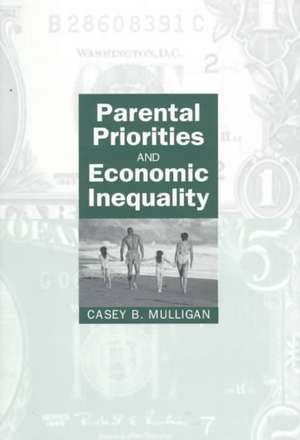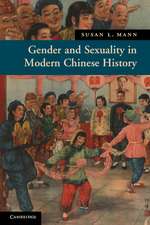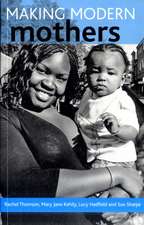Parental Priorities and Economic Inequality
Autor Casey B. Mulliganen Limba Engleză Paperback – 11 feb 1998
What determines whether children grow up to be rich or poor? Arguing that parental actions are some of the most important sources of wealth inequality, Casey B. Mulligan investigates the transmission of economic status from one generation to the next by constructing an economic model of parental preferences.
In Mulligan's model, parents determine the degree of their altruistic concern for their children and spend time with and resources on them accordingly—just as they might make choices about how they spend money. Mulligan tests his model against both old and new evidence on the intergenerational transmission of consumption, earnings, and wealth, including models that emphasize "financial constraints." One major prediction of Mulligan's model confirmed by the evidence is that children of wealthy parents typically spend more than they earn.
Mulligan's innovative approach can also help explain other important behavior, such as charitable giving and "corporate loyalty," and will appeal to a wide range of quantitatively oriented social scientists and sociobiologists.
In Mulligan's model, parents determine the degree of their altruistic concern for their children and spend time with and resources on them accordingly—just as they might make choices about how they spend money. Mulligan tests his model against both old and new evidence on the intergenerational transmission of consumption, earnings, and wealth, including models that emphasize "financial constraints." One major prediction of Mulligan's model confirmed by the evidence is that children of wealthy parents typically spend more than they earn.
Mulligan's innovative approach can also help explain other important behavior, such as charitable giving and "corporate loyalty," and will appeal to a wide range of quantitatively oriented social scientists and sociobiologists.
Preț: 389.51 lei
Nou
Puncte Express: 584
Preț estimativ în valută:
74.53€ • 78.02$ • 62.03£
74.53€ • 78.02$ • 62.03£
Carte tipărită la comandă
Livrare economică 31 martie-14 aprilie
Preluare comenzi: 021 569.72.76
Specificații
ISBN-13: 9780226548401
ISBN-10: 0226548406
Pagini: 394
Ilustrații: 70 line drawings, 36 tables
Dimensiuni: 152 x 229 x 23 mm
Greutate: 0.54 kg
Ediția:1
Editura: University of Chicago Press
Colecția University of Chicago Press
ISBN-10: 0226548406
Pagini: 394
Ilustrații: 70 line drawings, 36 tables
Dimensiuni: 152 x 229 x 23 mm
Greutate: 0.54 kg
Ediția:1
Editura: University of Chicago Press
Colecția University of Chicago Press
Cuprins
List of Illustrations
List of Tables
Acknowledgments
1: The Argument for Parental Priorities
2: Indifference Curve Diagrams as Models of Parental Priorities
3: Two Models of Opportunity and Intergenerational Mobility
4: How Altruism Is Influenced by Economic Status
5: Taxation and Intergenerational Mobility in the Three Models
6: The Evolution of Economic Inequality in the United States
7: The Intergenerational Dynamics of Consumption, Earnings, Income, and Wealth
8: Borrowing Constraints and the Persistence of Inequality
9: The Biological Origins of Altruism
10: Classical Discussions of Altruism
11: Intergenerational Altruism and Inequality within the Family
12: Altruism and Giving beyond the Family
13: Altruism and the Principal-Agent Problem
14: Conclusions
A Guide to Mathematical Notation
References
Index
List of Tables
Acknowledgments
1: The Argument for Parental Priorities
2: Indifference Curve Diagrams as Models of Parental Priorities
3: Two Models of Opportunity and Intergenerational Mobility
4: How Altruism Is Influenced by Economic Status
5: Taxation and Intergenerational Mobility in the Three Models
6: The Evolution of Economic Inequality in the United States
7: The Intergenerational Dynamics of Consumption, Earnings, Income, and Wealth
8: Borrowing Constraints and the Persistence of Inequality
9: The Biological Origins of Altruism
10: Classical Discussions of Altruism
11: Intergenerational Altruism and Inequality within the Family
12: Altruism and Giving beyond the Family
13: Altruism and the Principal-Agent Problem
14: Conclusions
A Guide to Mathematical Notation
References
Index















